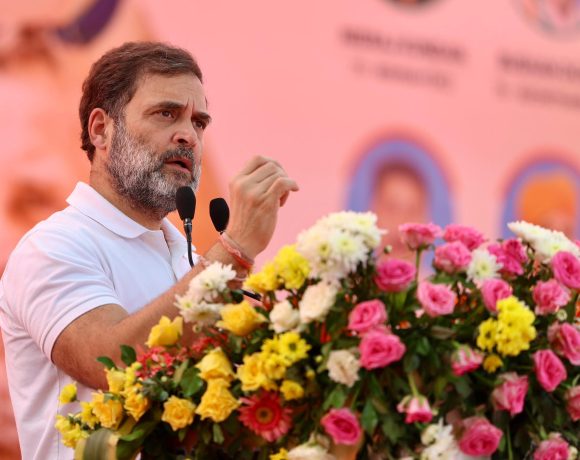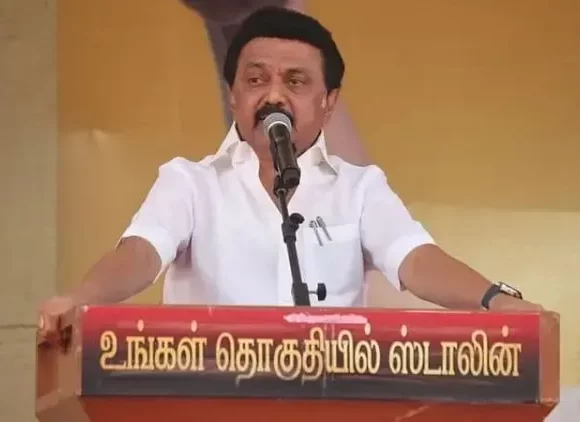
Niti Aayog Pulls Controversial Farm‑Trade Paper on US, Says Planning Minister
Niti Aayog has withdrawn a contentious discussion paper proposing trade reforms in India’s agricultural sector, following protests from farmers and political pressure. The document, which outlined a potential framework for liberalising farm trade with the United States, sparked widespread criticism for suggesting changes to long-standing protections for Indian producers. Planning Minister highlighted that the draft was neither approved nor finalized and subsequently removed.
Background on the Draft Paper
The draft released by the government-affiliated think tank recommended allowing greater imports of US farm commodities such as pulses, oilseeds, and dairy products under tariff-based mechanisms. It also explored mechanisms for aligning India’s farm quality standards with international benchmarks, ostensibly to facilitate smoother bilateral trade. Supporters argued the move would promote competition, improve farmer incomes, and make inputs like fertiliser and tractors more affordable.
Political and Farmer Pushback
However, opposition was immediate and fierce. Farmers’ unions and political parties warned that the draft would undermine Indian agriculture, flood markets with cheaper US goods, and threaten the livelihoods of millions of small farmers. Social media campaigns and public statements termed the proposal “anti‑farmer,” emphasising India’s fragmented landholding structure and unique production challenges. Concerns were particularly strong in states like Punjab, Haryana, and Maharashtra.
Government Clarification
Responding to the backlash, Planning Minister clarified that the paper was an internal discussion document and had not undergone Cabinet approval. The minister assured that there were no intentions to enforce its recommendations. He added that once removed, the draft would undergo further stakeholder consultations before any revived discussion—if at all.
Implications for Agriculture Policy
This incident highlights the precarious balance New Delhi must maintain between trade liberalisation and protecting domestic farmers. India has long applied tariffs, import quotas, and buffer stocks to moderate price volatility and ensure food security. Any shift away from these policy tools can upset fragile rural constituencies. This event signals restraint from pursuing rapid agricultural foresight without first building political consensus.
Way Forward
Going forward, the government and Niti Aayog appear to be adopting a more consultative model. The draft’s retraction paves the way for broader stakeholder engagement involving farmers’ organisations, trade bodies, state governments, and technical experts. If agricultural trade reform with the US is to proceed in future, it will likely be phased, targeted, and accompanied by domestic support measures such as crop insurance, buffer releases, or income stabilisation programmes.

















